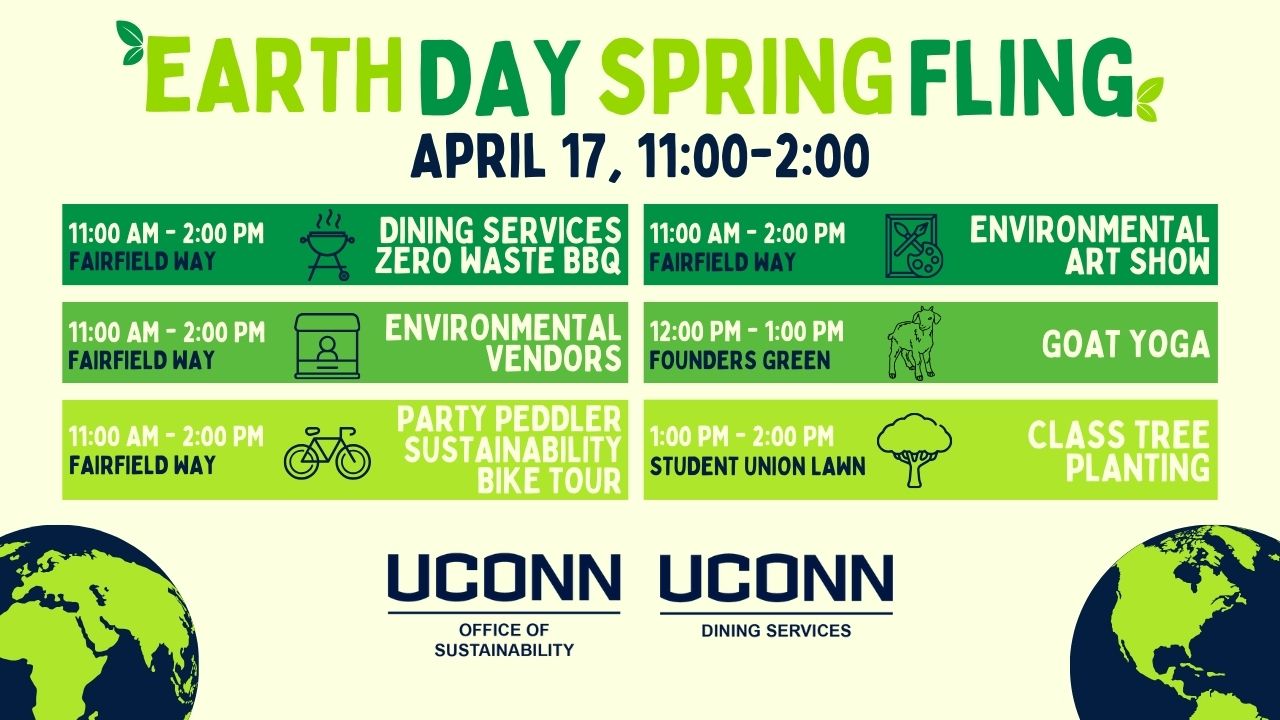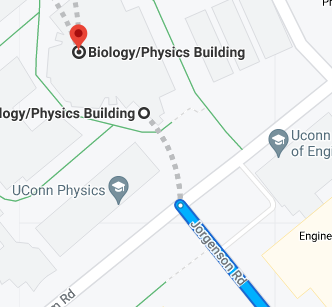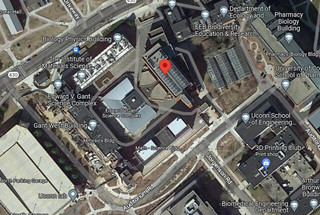On Tuesday, February 25th, from 3 to 7 pm in the McHugh lobby/room 102, join the Office of Sustainability and the Center for Career Readiness and Life Skills for the Green Careers: Engage & Explore (GCEE) event!
As an international leader in sustainability, UConn takes pride in pursuing excellence in environmental performance and consistently strives to be a center of learning for the next generation of environmental leaders. The GCEE event is an opportunity for students to see how their interests align with sustainability and environmental career paths. The event will kick off with an engagement fair featuring both employers with green career opportunities and student organizations – it is a chance for you as a student to speak with fellow passionate students and learn more about how you can get involved on campus, as well as learn about career opportunities in general, from various incredible companies in different career fields! (Note: resumes are not expected, nor will they be accepted.)
Following the engagement fair, an insightful discussion on the many green careers will be held during two, 45-minute panel events, along with an opportunity to network with our panelists. Past panelists have ranged from Pratt & Whitney engineers to leaders on the environmental justice front. Stay tuned for more information about the panelists!
Get ready for some career exploration and information through the Green Careers: Engage and Explore event on the 25th! Pre-registration is appreciated but not required: RSVP here!
Schedule:
Engagement Fair: 3-5pm, McHugh Lobby
Industry Panel: 5-5:45pm, McHugh 102
Networking Break (with pizza!): 5:45-6:15pm, McHugh Lobby
Alumni Panel: 6:15-7pm
Students of all majors are encouraged to attend. Green careers are not limited to environmental majors! We want to show you how so many majors can be related to a green career.
Why? The Earth is facing an imminent crisis: climate change. We will need all hands on deck to make progress in our goals as a global community to reduce greenhouse gas emissions and save our planet. We at the OS want to show YOU, all the students here at UConn, that ‘green’ does not have to mean strictly environmental science. Our panelists include engineers, businesspeople, and more – sustainability initiatives can be incorporated into any job! There is a place for all of you in the fight for sustainability and environmental justice; you all have a role to play, big or small.


 stainability issues like environmental justice, agriculture, energy or more? Does your club want to be more involved? Let’s connect!
stainability issues like environmental justice, agriculture, energy or more? Does your club want to be more involved? Let’s connect!



 Volunteers needed for the 13th annual Football
Volunteers needed for the 13th annual Football